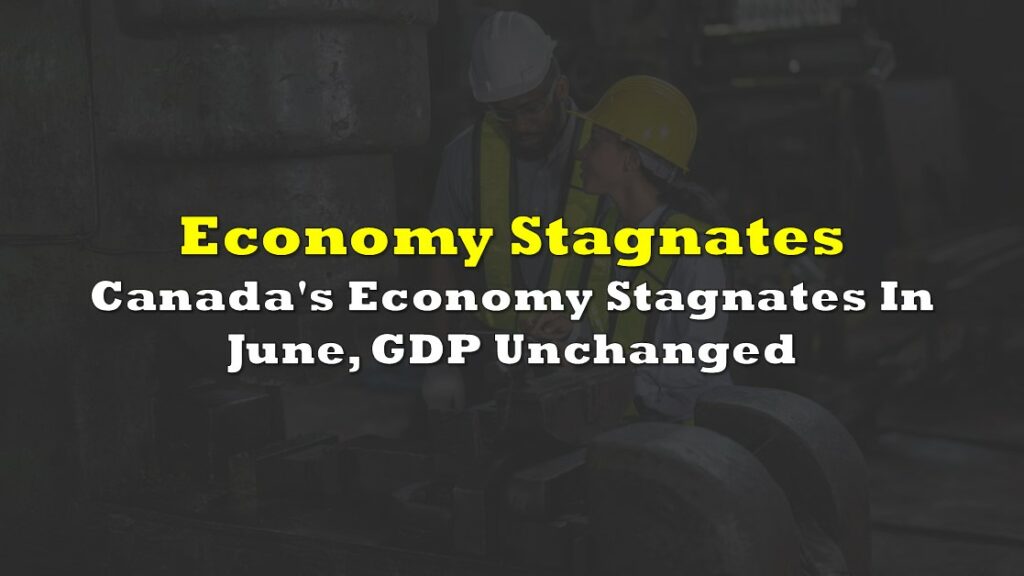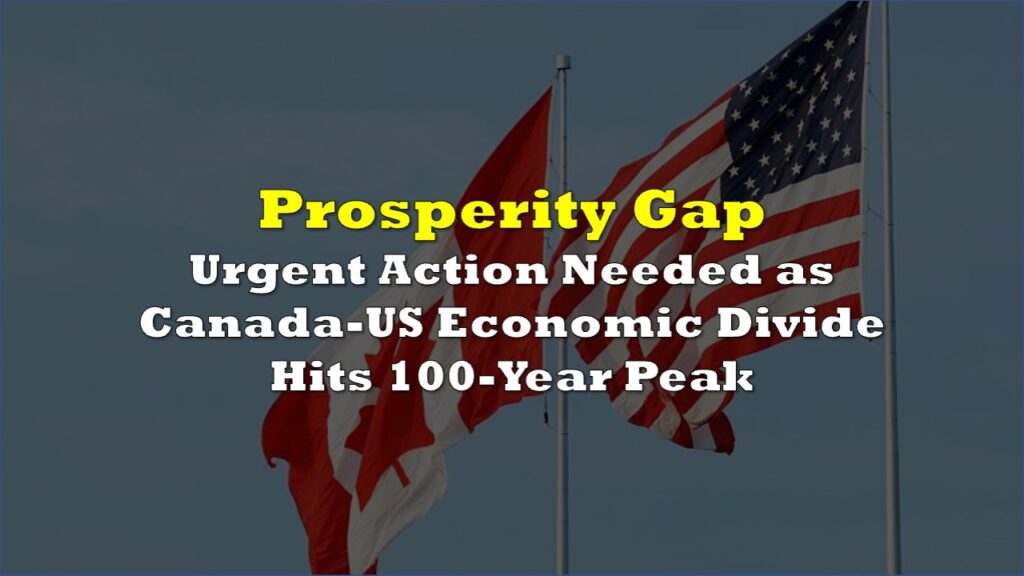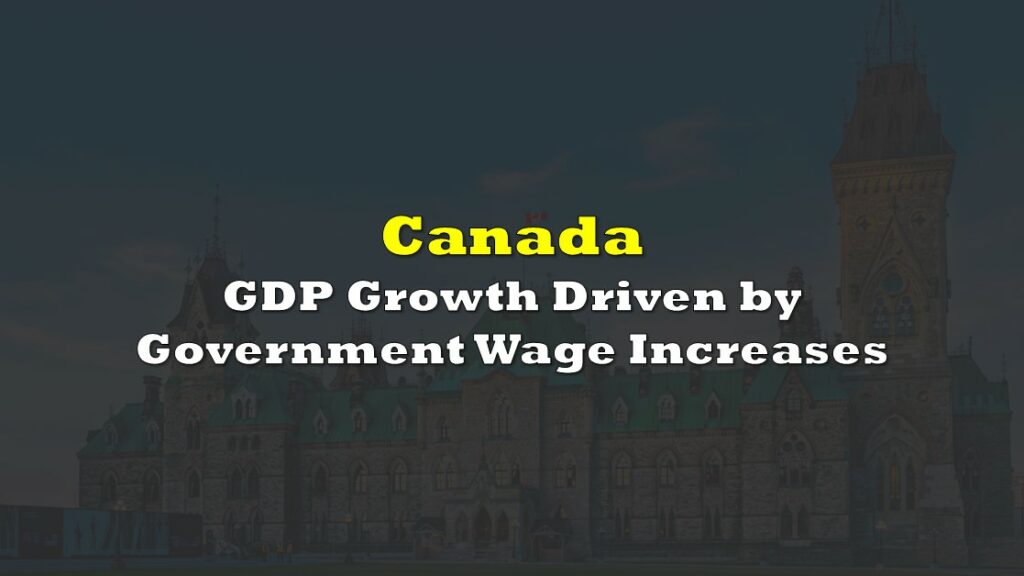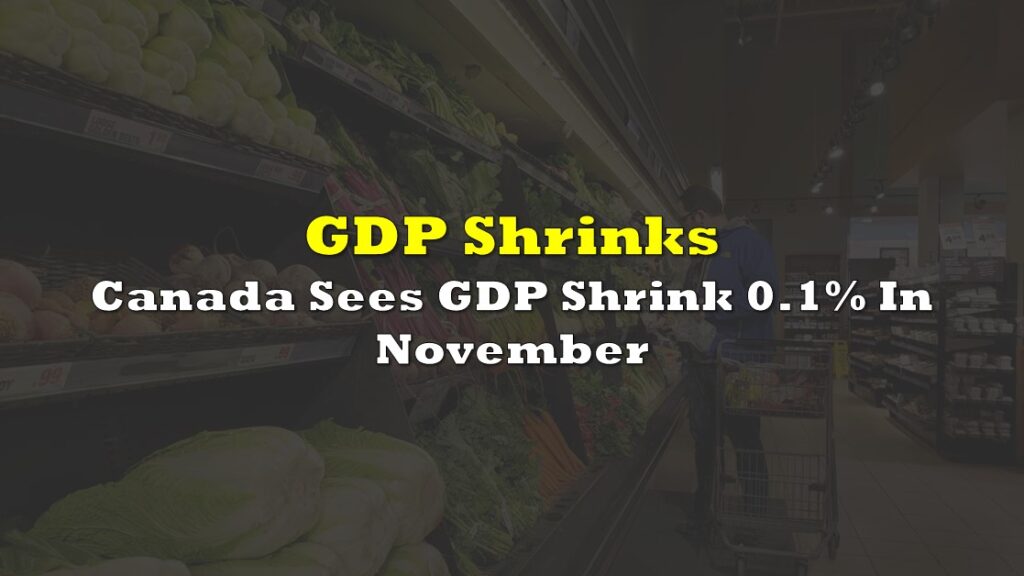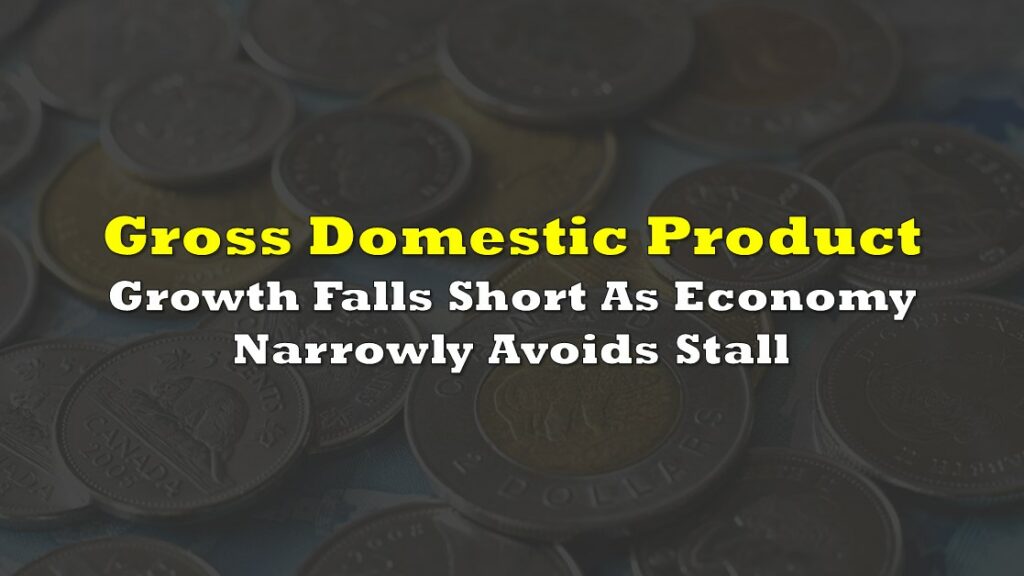Canada’s economic growth decelerated in the third quarter of 2024, with real gross domestic product expanding by 0.3%, down from 0.5% in the previous two quarters. The slowdown was primarily due to reduced business investment and exports, despite increases in household and government spending. Notably, GDP per capita fell 0.4%, marking the sixth consecutive quarterly decline.
Household spending emerged as a key driver of growth, rising 0.9% in Q3. The increase was led by purchases of new vehicles and financial services, although spending on accommodation and food services declined. Government expenditures also contributed positively, increasing 1.1% across all levels of government.
Business investment, however, showed signs of weakness. Spending on machinery and equipment dropped 7.8%, with significant decreases in aircraft and transportation equipment purchases. This decline coincided with reduced imports in these categories.
The housing sector showed mixed results. While overall housing investment grew 0.8% – the first expansion since Q3 2023 – this was primarily due to increased resale activity. New construction and renovations continued to decline.
On the trade front, exports fell 0.3%, outpacing a slight 0.1% decrease in imports. The decline in exports was led by lower shipments of gold, vehicles, and travel services, partially offset by increased crude oil exports.
The household saving rate reached a three-year high of 7.1%, up from 6.2% in Q2. This increase was driven by disposable income growth outpacing spending, aided by rising wages and declining interest payments following recent rate cuts by the Bank of Canada.
Corporate income declined 1.1%, reversing the previous quarter’s growth. The manufacturing, wholesale, and retail sectors, particularly in motor vehicle industries, led the downturn. However, the oil and gas sector showed positive growth, partially mitigating the overall decrease.
Information for this story was found via the sources and companies mentioned. The author has no securities or affiliations related to the organizations discussed. Not a recommendation to buy or sell. Always do additional research and consult a professional before purchasing a security. The author holds no licenses.





